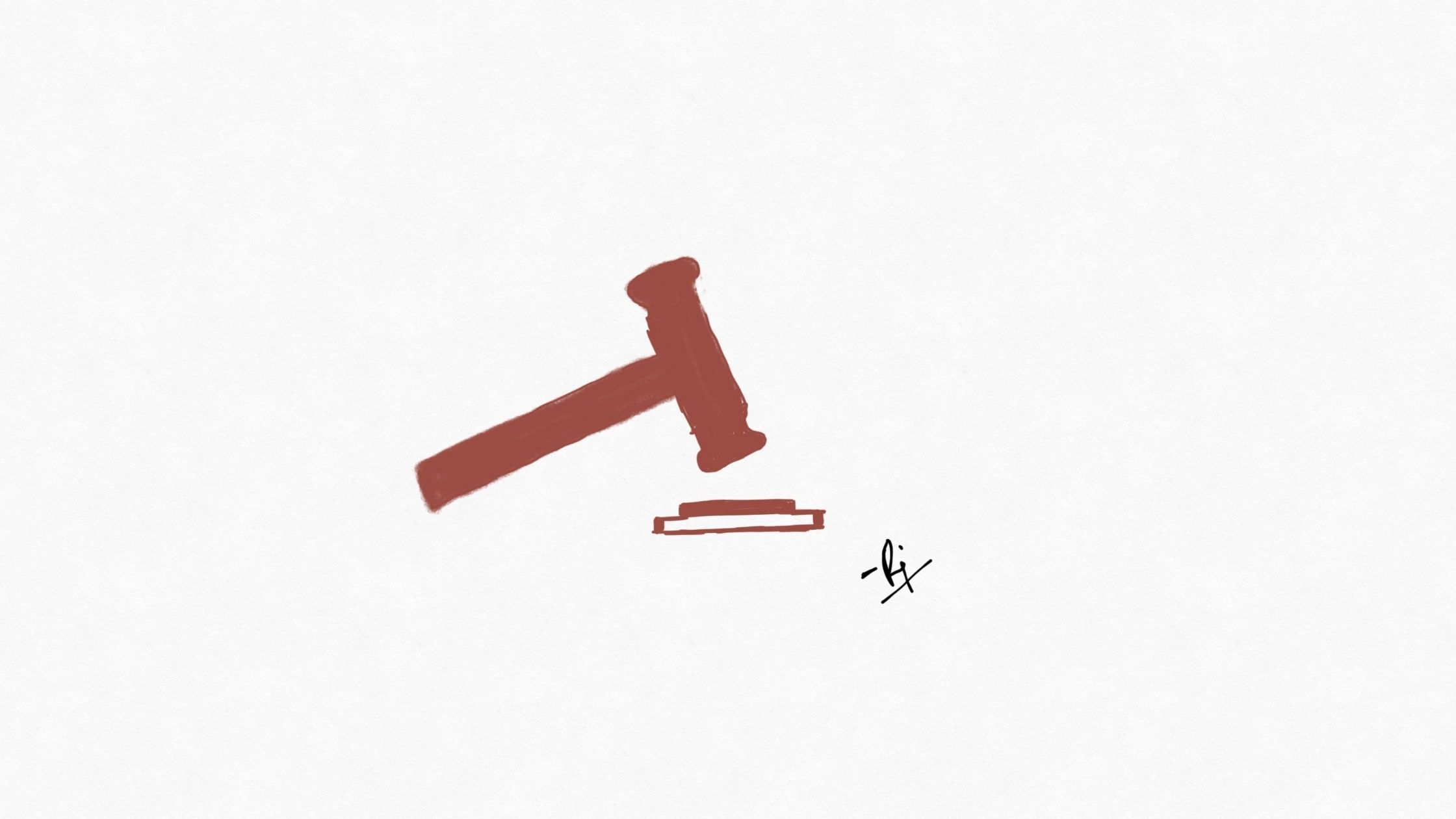
I am Aayushi Sen and belong from a middle-class family. I have seen many scenarios where people were fighting, scolding and arguing with each other. Once, I was walking to school with my mother when I saw that two people were scolding a little boy in front of a tea shop. The boy was dressed in old, ragged clothes and he seemed to be the person who cleaned the tables after the customers left. The two people who were scolding the boy, were very wealthy and they had a big, blue car. They were harshly screaming at the poor boy. I felt very bad and angry. ‘Why were they scolding this little boy?’ I asked myself. Later when the people went away, my mother bought a chocolate bar and a packet of biscuits for the little boy. The boy happily took the food with a big smile on his face.
At that time, my mother did not go and fight with the people and take the law in her own hands .
Similarly, civilians should not take the law in their own hands. The idiom ‘Taking the law in your hands’ means to punish someone or settle down disputes instead of waiting for the police or the legal system to take action.
A civilian has no rights to settle disputes by herself/ himself because he/she does not know which group is right and which group is the on the wrong side.
If a civilian is a member or a supporter of group A, he/she will always think that group A is the one who is right but actually the group maybe on the wrong. Similarly, if a civilian is a member or a supporter of group A, he/she will always think that group B is correct while it’s opponent group A is wrong.
If the civilian is an outsider ie. neither belongs from group A nor from group B then, he/she may not even know who is the actual victim. He/she may support the wrong party and the argument may get even worse. The civilian may not even know if the group they are supporting is even speaking the truth or not
That is why to settle disputes there is the law and constitution. On 26th November 1949, the Constituent Assembly of India adopted the Constitution of India which came to effect from 26th January 1950. 26th January is celebrated as ‘Republic Day’ in India every year. The Indian Constitution was written by Dr Babasaheb Ambedkar. He was an eminent lawyer and a social activist. He belonged to the Mahar caste, which is one of the oppressed castes. The constitution has sepcified the powers of the government and the rules and regulations which govern the country. The constitution also lists the fundamental rights of the citizens which the government has to protect.
If civilians think that injustice is happening to themselves or to someone in their surroundings, they should and must take legal steps and call for the police. If the police is unable to control the case, it is brought to the court of law. The court of law will give it’s judgement after hearing the complains and the disputes between the two parties. The decision of the court should be obeyed by all the citizens. The judiciary is the main body which deals with conflict resolution. No matter what the decision is given, whether it is favor of your side or your opponent’s, all the civilians should trust and obey the decisions given the by the court of law.
By: Aayushi Sen
Write and Win: Participate in Creative writing Contest and win fabulous prizes.


